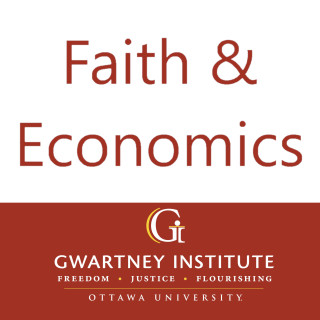

In this episode, we focus on neocolonialism as we examine the effects of the rising trend of expatriates on developing nations. We explore the drawbacks of expatriation and discuss how it affects both the ex-pats and the locals. The podcast questions the effects of the precise cultural mismatch between ex-patriots and their new homes on regional identity and traditions. Join us as we evoke discussion on the moral obligations of expatriates and their impact on the socioeconomic environment of their host countries. Listen now!